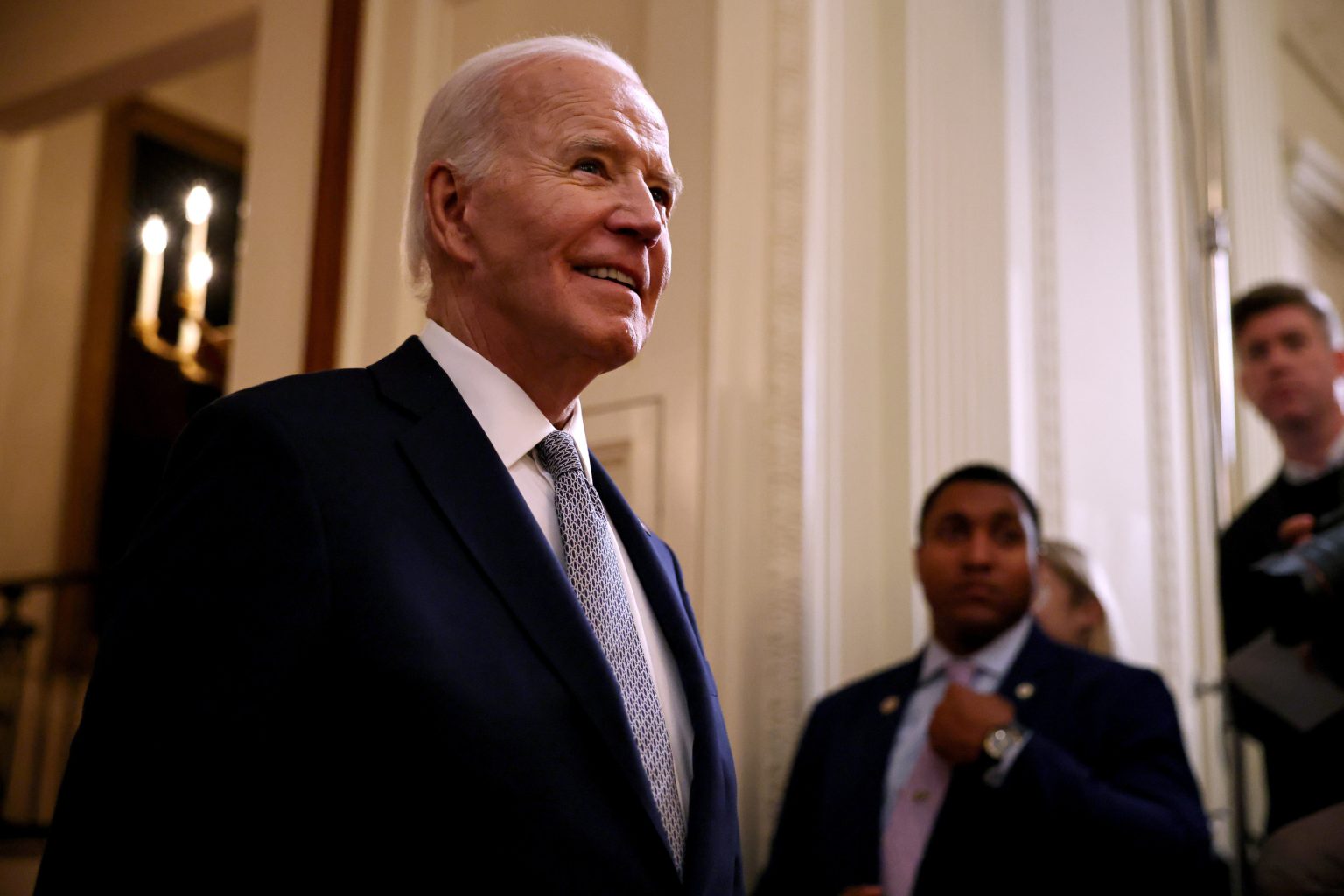The waning days of Joe Biden’s presidency have been marked by accusations of abandoning the transgender community, a group he explicitly pledged to support during his 2021 State of the Union address. This perceived betrayal stems from a series of decisions, particularly his signing of the annual defense bill containing provisions that restrict access to gender-affirming care for transgender children of military personnel, and his failure to implement planned protections for transgender student-athletes. These actions, coupled with the looming inauguration of Donald Trump, whose campaign rhetoric included pointed attacks on transgender individuals, have instilled fear and uncertainty within the transgender community, leaving them feeling vulnerable and betrayed by the administration they believed was their ally.
The political landscape surrounding transgender rights has become increasingly fraught. Republican strategists successfully leveraged Democratic support for the transgender community to paint a picture of misplaced priorities, ultimately regaining control of the White House and Congress. Vice President Kamala Harris, who maintained a relatively low profile on transgender issues during the campaign, became a target, with her past comments on trans rights used to suggest she prioritized these issues over economic concerns, a tactic aimed at influencing swing voters. This polarized environment has placed the Biden administration in a difficult position, caught between fulfilling campaign promises and navigating the political realities of a deeply divided nation.
Biden’s legacy on transgender rights is complex and multifaceted. On the one hand, his administration achieved notable milestones, including appointing transgender individuals to significant positions, reversing the Trump-era ban on transgender military service, and introducing the “X” gender marker option on passports. The Justice Department also challenged state laws in Tennessee and Alabama that restricted gender-affirming care for transgender youth, demonstrating a commitment to legal action against discriminatory practices. These actions signify a substantial shift toward greater inclusivity and recognition of transgender rights at the federal level.
However, these positive steps are overshadowed by the administration’s recent inaction and concessions. The failure to finalize protections for transgender student-athletes and the signing of the defense bill with its restrictive provisions on healthcare access have been interpreted as a betrayal by many within the transgender community. These decisions resonate even more powerfully considering the imminent return of a hostile administration, leaving transgender individuals feeling that the Biden administration failed to solidify protections against anticipated rollbacks of their rights. The administration’s justification for these actions, citing standard end-of-term procedures, offers little solace to those who feel abandoned at a critical juncture.
The transgender community and LGBTQ+ advocates have voiced their disappointment and frustration. Imara Jones, creator of “The Anti-Trans Hate Machine,” acknowledges the administration’s accomplishments while emphasizing its shortcomings. She highlights the failure to follow through on Title IX protections, defend transgender healthcare access, and adequately address anti-trans violence. Jones argues that the administration could have implemented further safeguards, even temporary ones, to protect the transgender community during the transition. The National Center for Lesbian Rights also criticized the defense bill, stating it contradicts the administration’s claim of being the “most pro-LGBTQ+ in American history.” These voices underscore the sense of betrayal and lost opportunity within the community.
The White House, while acknowledging the unfinished work, maintains its defense of the administration’s record on LGBTQ+ equality. Spokesperson Kelly Scully points to the administration’s efforts to rectify historical injustices and advance equality. However, this messaging rings hollow for many in the transgender community, who view the recent actions as a retreat in the face of political pressure. The incoming Trump administration has signaled its intention to reverse many of the Biden-era advancements, further heightening anxiety and underscoring the need for robust protections. Trump’s stated plans to officially recognize only two genders and his promised executive orders targeting the transgender community leave little doubt about the challenges that lie ahead. The confluence of these factors – the perceived abandonment by the Biden administration and the looming threat of a hostile incoming administration – has created a climate of fear and uncertainty for the transgender community, leaving them to grapple with the consequences of political maneuvering and broken promises.

